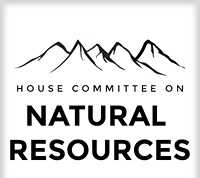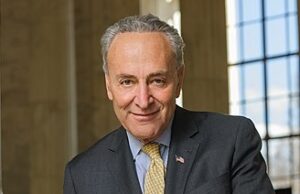Washington – July 23, 2015 – (RealEstateRama) — The Financial Services Monetary Policy and Trade Subcommittee reviewed legislative proposals today that would bring greater accountability and transparency to the Federal Reserve.
The lack of transparency at the Federal Reserve is growing; while the Federal Reserve’s power has increased, its internal processes have remained opaque, despite continued requests for information from Congress.
“Since the enactment of Dodd-Frank, the Federal Reserve has gained unprecedented power, influence, and control over the financial system while remaining shrouded in mystery to the American people,” said Subcommittee Chairman Bill Huizenga (R-MI).
“This hearing provides us with another opportunity to examine how the Federal Reserve conducts monetary policy and why the development of these policies is in desperate need of transparency. The Fed’s recent high degree of discretion and its lack of transparency in how it conducts monetary policy demonstrate that not only are reforms needed, but more important that reforms are necessary,” Huizenga added.
Key Takeaways
History shows that when the Federal Reserve follows a rules-based approach to monetary policy, the economy performs better; when the Fed’s monetary policy is improvisational, the economy performs worse.
Rather than constraining the Fed’s policy choices, requiring the Fed to explain differences between a reference rule and its chosen monetary policy course increases transparency.
Since the Dodd-Frank Act was passed, the Federal Reserve has continued to expand its authority and power beyond its original legislative authority.
Topline Witness Quotes
“Fed Chair Janet Yellen testified that ‘I don’t believe that the Fed should chain itself to any mechanical rule.’ But the bill does not chain the Fed to any rule. The Fed would choose and describe its own strategy, and it need not be mechanical. The Fed could change the strategy if the world changed. It could deviate from the strategy in a crisis if it explained why. It would still serve as lender of last resort or take appropriate actions in the event of a crisis. Moreover, a policy strategy or rule does not require that any instrument of policy be fixed, but rather that it flexibly adjusts up or down to economic developments in a systematic and predictable way that can be explained.” – John B. Taylor, Professor of Economics, Stanford University
“While the short-run monetary policy decisions of the Federal Reserve should not be dictated by the US Congress, the Federal Reserve is not independent of the Congress. The Fed exists because of legislation enacted by Congress, and Congress has a duty to exercise oversight over the Federal Reserve, including modernizing the Federal Reserve Act when appropriate. – Paul H. Kupiec, Resident Scholar, American Enterprise Institute
The massive expansion of Fed responsibilities, the many new tools it is now using, and in particular the temptation to use direct regulatory control to achieve nearly unlimited economic objectives, strike me as the most important topics for a discussion about rules, independence, mandates, and accountability. – John H. Cochrane, Senior Fellow, Hoover Institution













